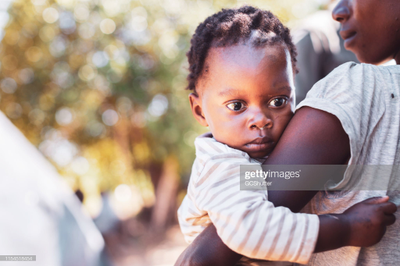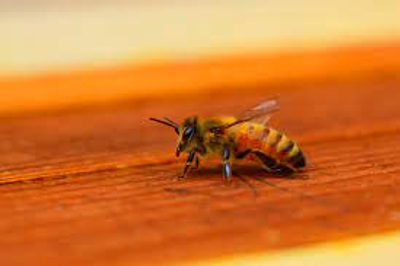In Somalia, food security and malnutrition situation is ‘alarming’ – UN report – According to a new United Nations food security and nutrition assessment, the situation in Somalia is alarming and could get worse, especially in parts of Puntland and Somaliland, which have been hard hit by drought exacerbated by El Niño.
“We are deeply concerned that the proportion of severely food insecure people remains alarmingly high, especially people who are unable to meet their daily food needs. Some 3.7 million people will be acutely food insecure through mid-2016. With severe drought conditions intensifying in Puntland and Somaliland, many more people risk relapsing into crisis,” said Peter de Clercq, the Humanitarian Coordinator for Somalia, in a press release.
Produced by the Food Security and Nutrition Analysis Unit (FSNAU) managed by the UN Food and Agriculture Organization (FAO), and in collaboration with Famine Early Warning Systems Network (FEWS NET), the report says the situation is critical and could get worse.
This latest assessment confirms persistently high and alarming levels of food insecurity and malnutrition in Somalia, with an estimated 4.7 million people – nearly 40 per cent of the Somali population – in need of humanitarian assistance. Nearly 950,000 of these people are acutely food insecure and struggle every day to meet their food needs. Internally displaced people make up more than two thirds, or 68 per cent, of acutely food insecure people and are in dire need of assistance.
“The level of malnutrition, especially among children, is of serious concern, with nearly 305,000 children under the age of five years acutely malnourished. We estimate that 58,300 children face death if they are not treated. The drought could push these numbers higher in the months to come. We must act now. Partners are ready to scale up response, but funding is urgently needed to ensure this is done in a timely manner,” Mr. de Clercq added.
While acute food insecurity and malnutrition is prevalent across the country, the report highlights that the drought situation in Puntland and Somaliland is of particular concern. Erratic rains during the 2015 Gu (April to June) and the Karan (August to September) seasons in Puntland and Somaliland resulted in a near-total failure of cereal production (87 per cent below the five-year average).
Meanwhile, the 2015 Deyr rains (October to December) were also below average in these areas, putting pressure on pasture and livestock and leading to the migration of 60-70 per cent of households along with their animals to areas with better pasture and water.
In addition, poor availability of pasture and water for livestock has significantly exacerbated the humanitarian situation. Increasing movement of livestock – including from Ethiopia and Djibouti – are putting stress on adjacent areas.
“We must do more to address recurrent hunger” stressed Mr. de Clercq. “Humanitarian assistance is vital and has achieved enormously positive food security results in recent years. But this alone will not free Somalia from the scourge of hunger. We must look to remove the underlying causes of hunger. Fighting hunger is development priority, as well as a humanitarian one,” he said.
Positive food security results along the Shebelle River, resulting from timely and well-targeted preparedness work that significantly reduced El Niño-related flooding shows, once again, that early action saves lives and livelihoods, the Humanitarian Coordinator further underlined, noting that these lessons must be carried forward into drought-affected areas.
The 2016 Humanitarian Response Plan for Somalia calls for $885 million to address the most urgent needs of 3.5 million people. It seeks to reduce preventable deaths, provide basic services and strengthen the protection of vulnerable people, including the internally displaced.


